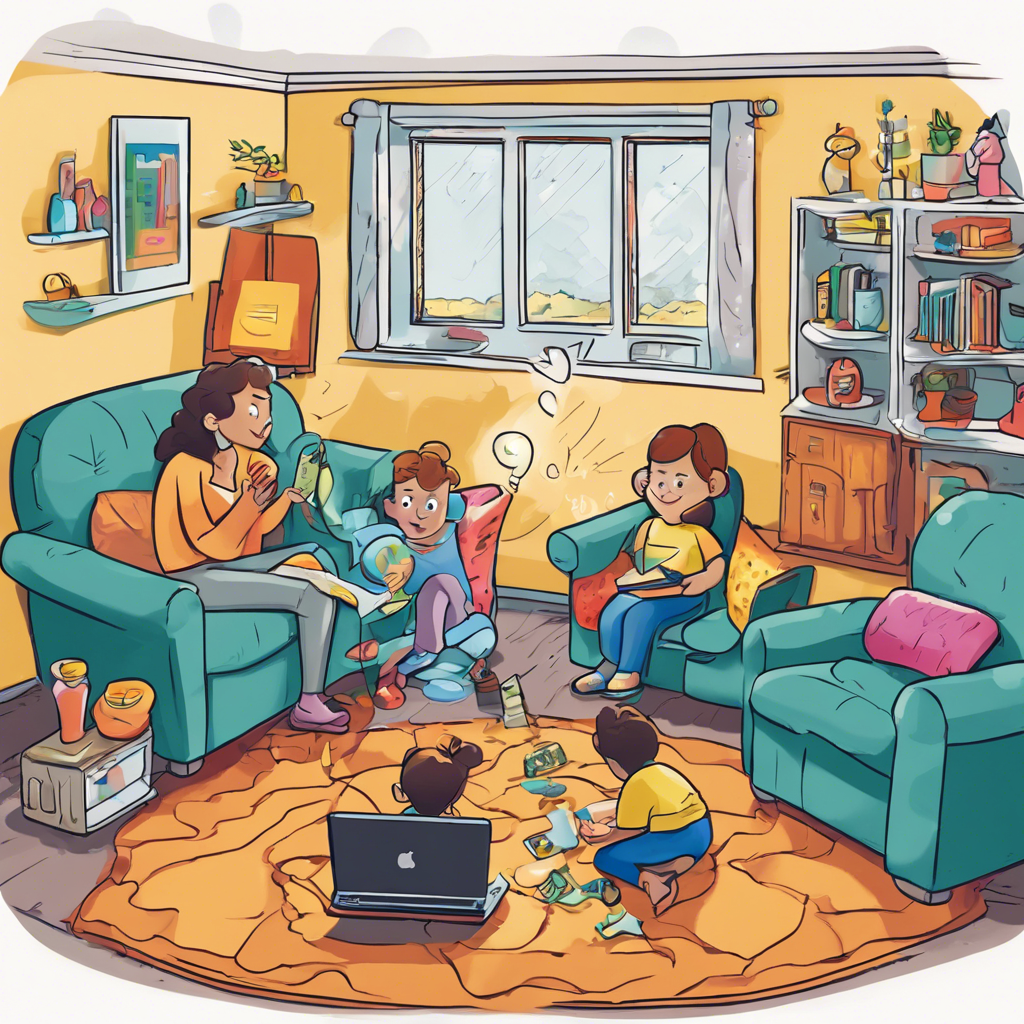What Psychological Factors Influence Player Preferences For Games Of Chance Over Games Of Skill?
Gathering question image...
Introduction
Player preferences for games of chance compared to games of skill are shaped by various psychological factors. Analyzing these influences provides valuable insight into why individuals prefer certain types of games over others.
Emotional Influences in Game Selection
Emotions significantly impact decision-making surrounding game choices. Many players are attracted to the thrill and uncertainty associated with games of chance, as these games provide an exhilarating potential for big wins with minimal effort. The allure of instant rewards and escapism from everyday life can drive players towards chance games. On the other hand, games of skill demand patience and practice, which may not appeal to those seeking immediate gratification.
- The excitement of winning can trigger a dopamine release, motivating players to engage more with games of chance.
- Players often view skill games as frustrating or time-consuming, which can lead to a stronger preference for luck-based games.
Cognitive Biases and Game Preference
Cognitive biases play a crucial role in shaping player preferences. The gambler's fallacy, for example, leads individuals to mistakenly believe that after a sequence of losses, a win is due. This mindset can enhance the appeal of games of chance. Moreover, players confident in their abilities may be drawn to skill-dependent games, as they strive for opportunities to utilize and refine their skills.
- Players may believe they can control outcomes in skill-based games, fostering preference for strategy-driven experiences.
- Overconfidence in personal skills can cause players to misjudge the impact of chance in games requiring skill.
Social Influences on Gaming Choices
Social dynamics also affect game preferences. Many players appreciate the social interactions accompanying diverse game formats. Games of chance, such as slot machines and lotteries, often present a communal excitement and shared experiences, while skill-based games may attract those seeking competition or teamwork among friends.
- Social environments for chance games promote a sense of community, enhancing overall enjoyment during play.
- Skill-based games encourage healthy competition and foster relationships through collaborative strategies.
Demographic Influences on Game Selection
Demographic variables including age, gender, and cultural background can significantly impact game preferences. Younger players typically gravitate toward fast-paced, chance-driven games that provide immediate rewards, while older demographics may favor skill-oriented games that involve strategic thinking. Additionally, cultural attitudes towards gambling shape preferences, as some cultures may be more inclined to embrace games of chance than others, a situation that can vary widely among cultural communities.
- Younger audiences are more likely to choose instant-gratification games of chance over prolonged skill-based challenges.
- Cultural norms can heavily influence the acceptance of gambling, subsequently affecting player preferences.
Conclusion
In conclusion, player preferences between games of chance and games of skill are influenced by a blend of emotional, cognitive, social, and demographic factors. Understanding these dynamics is essential for creating games that resonate with various audiences and fulfill their psychological needs.
Expert Quote
Dr. Mark Griffiths, Professor of Gambling Studies at Nottingham Trent University
Understanding the psychological factors that influence gambling behavior, such as cognitive biases and emotional responses, is crucial for developing effective gambling policies and healthier gaming environments.
Griffiths, M. D. (2010). "Gambling addiction and the role of cognitive distortion: A review of the literature." International Journal of Mental Health and Addiction.
Relevant Links
The Association Between Video Gaming and Psychological ...
https://pmc.ncbi.nlm.nih.gov/articles/PMC6676913/After giving it much thought, I find that the hatred for RNG mechanics ...
https://www.reddit.com/r/gamedesign/comments/x5i7km/after_giving_it_much_thought_i_find_that_the/Gaming Preferences and Personality among School Students - PMC
https://pmc.ncbi.nlm.nih.gov/articles/PMC10046984/Economic Games: An Introduction and Guide for Research ...
https://online.ucpress.edu/collabra/article/7/1/19004/116331/Economic-Games-An-Introduction-and-Guide-forMatch experiences affect interest: Impacts of matchmaking and ...
https://www.sciencedirect.com/science/article/pii/S2405844024009228Most popular questions

How Do The Personal Relationships Among Gods Affect Their Decisions In The Iliad?
The intricate relationships among the gods in Homer's epic poem 'The Iliad' play a crucial role in shaping their actions and decisions. These divine interactions create a complex web of fates, where each god's personal alliances and rivalries directly influence the events of the mortal world.

What Strategies Can Parents Use To Educate Their Children About Online Safety Beyond Privacy Settings?
In today's digital landscape, teaching children about online safety is essential for their protection and well-being. While privacy settings play a critical role, parents can implement various strategies to create a thorough understanding of online safety principles among their children.

What Are The Different Types Of Insulation Materials Commonly Used In Buildings, And How Do They Compare In Terms Of Thermal Resistance?
Insulation materials are vital for enhancing energy efficiency in residential and commercial buildings by minimizing heat transfer. Understanding the various insulation types can lead to better choices for thermal resistance and overall comfort.
Most recent questions

What Specific Elements In Adaptations Can Enhance Or Detract From A Character's Original Arc?
Translating a character from one artistic medium to another can profoundly influence how their narrative unfolds. This transformation can either enrich or weaken the character's original storyline, depending on various factors present in the adaptation process.

What Are The Criteria Used To Determine Player Rankings In Various Card Games Compared To Board Games?
Understanding player rankings in card games and board games is essential to grasp the competitive landscape and strategic depth of these popular game genres. This comparison reveals the diverse criteria used to evaluate player performance and skill across card games and board games, providing insights into how rankings are established.

How Do Social Media Algorithms Compare To Video Streaming Algorithms In Terms Of User Engagement?
In the ever-evolving landscape of digital content, algorithms play a crucial role in determining what users experience on social media and video streaming platforms. By understanding how these algorithms operate and impact user engagement, we can unravel the complexities of digital interactions in today’s online world.